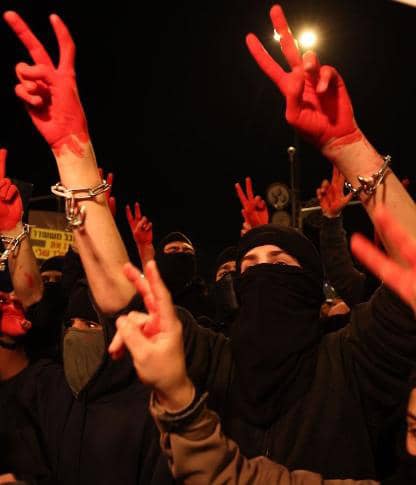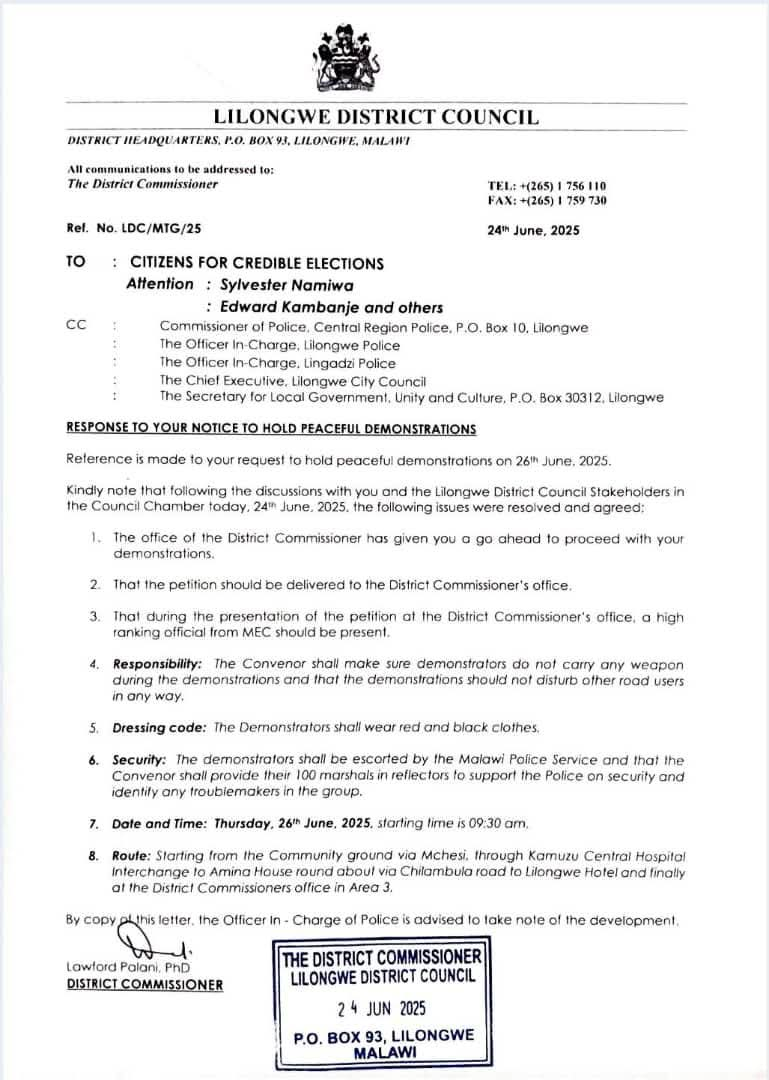By Burnett Munthali
TEL AVIV – A storm of political debate and division erupted on Wednesday following reports that U.S. President Donald Trump proposed a U.S. takeover of the Gaza Strip and the displacement of its nearly two million Palestinian residents. While the far-right in Israel celebrated the proposal as a long-awaited opportunity to reclaim Gaza, more moderate voices in the Israeli establishment expressed deep concern over the feasibility and geopolitical consequences of such a radical plan.
The announcement, first reported by The Washington Post, was met with enthusiasm from far-right Israeli nationalists who have long advocated for the resettlement of Gaza by Jewish communities. Many of them view Trump’s proposal as a historic opportunity to reverse Israel’s 2005 disengagement from Gaza, which saw the evacuation of Israeli settlers and the withdrawal of the Israeli Defense Forces (IDF) from the territory. To these nationalist factions, the idea of removing the Palestinian population and placing Gaza under U.S. control represents a strategic and ideological victory—one that aligns with their belief that Gaza is an inseparable part of the Jewish homeland.
However, while far-right politicians and settler movements expressed jubilation, the broader Israeli establishment responded with a mixture of disbelief and alarm. Senior government officials, security analysts, and foreign policy experts quickly pointed out the numerous challenges and risks associated with such a plan. Chief among their concerns was the practical question of where the displaced Palestinian population would be relocated.
Trump’s proposal reportedly calls for Arab nations to absorb the millions of displaced Gazans, yet no clear plan has been put forward detailing which countries would be willing to take them in. Egypt, which shares a border with Gaza, has historically resisted taking on large numbers of Palestinian refugees, citing security concerns and the risk of internal destabilization. Jordan, home to an already significant Palestinian population, has also been reluctant to accept further influxes of refugees. Other Gulf nations, such as Saudi Arabia and the United Arab Emirates, have expressed support for Palestinian statehood in the past but are unlikely to agree to resettle such a vast population.
Beyond logistical concerns, Israeli officials fear that forcibly removing Gaza’s Palestinian population would trigger a massive regional backlash. The Palestinian Authority and Hamas swiftly condemned Trump’s proposal, with Hamas leaders in Gaza calling it a declaration of war. Palestinian Authority President Mahmoud Abbas also denounced the plan, warning that any attempt to displace Palestinians from their land would lead to serious consequences. The risk of a violent uprising, both within Gaza and the West Bank, looms large.
Diplomatic experts also warn that the proposal could severely strain Israel’s fragile relationships with its Arab neighbors. In recent years, Israel has made significant diplomatic gains with Arab states through the Abraham Accords, normalizing relations with the UAE, Bahrain, Morocco, and Sudan. A forced expulsion of Gazans could jeopardize these new alliances and potentially derail future peace efforts.
Furthermore, the move could put Israel at odds with its traditional Western allies, including European nations that have long supported a two-state solution. The European Union, the United Nations, and human rights organizations have repeatedly opposed any actions that would lead to the forced displacement of Palestinians, citing violations of international law. If the Trump-backed plan proceeds, it could lead to sanctions, diplomatic isolation, and condemnation from global institutions.
From a security standpoint, military analysts have also raised concerns about how a U.S.-controlled Gaza would function. Would the U.S. deploy military forces to secure the territory? Would Israel be involved in enforcing the displacement of Palestinians? How would such an occupation be sustained without sparking further conflict? These unanswered questions highlight the practical difficulties in implementing such a radical transformation of Gaza’s status.
Even within the United States, Trump’s proposal is expected to face intense scrutiny. While the former president has long been a staunch supporter of Israel and enjoyed strong backing from right-wing Israeli politicians, his approach to the Israeli-Palestinian conflict has been divisive. Many U.S. lawmakers, including those within Trump’s own party, may resist a move that could further destabilize the Middle East and draw the U.S. into another prolonged international crisis.
On the streets of Tel Aviv and Jerusalem, reactions to the proposal were mixed. Some Israelis welcomed the idea, arguing that it would enhance Israel’s security and finally resolve the issue of Gaza as a Hamas stronghold. Others, however, expressed concern that such an action would only lead to more bloodshed, international condemnation, and a long-term occupation that could burden Israel politically and economically.
As the debate intensifies, one thing is clear: Trump’s proposal has reignited one of the most contentious issues in Middle Eastern politics. Whether this plan is a serious policy initiative or simply a political maneuver remains uncertain. However, the reactions from both Israeli leaders and the international community suggest that any attempt to forcibly displace Gaza’s population would be met with fierce resistance and far-reaching consequences.
With the world watching closely, the question remains: will Trump’s Gaza proposal ever materialize, or is it destined to become yet another chapter in the long and complex history of the Israeli-Palestinian conflict?



